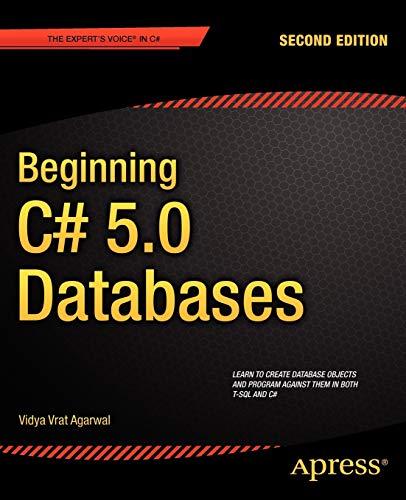Question
C++ In code, every { must have a corresponding } Similarly, every [ must have a corresponding ] and every ( must have a corresponding
C++
In code, every { must have a corresponding }
Similarly, every [ must have a corresponding ] and every ( must have a corresponding )
Furthermore, the symbols must be appropriately closed in the sense that they are closed in the reverse of the order that they are opened.
For example:
{[]} is a legal sequence
{[}] is NOT a legal sequence because the } was closed when the [ was the last character that was opened
[[]] is a legal sequence
[{}{}] is a legal sequence
{{{{{{{{{{{{{{{{}}}}}}}}}}}}}}}} is a legal sequence
{ is NOT a legal sequence because the { is never closed
Going further:
for(int i = 0; i < 10; i++){ cout << i; } is a legal sequence
And so on.
How do I write a program that reads in a .cpp file and determines if the {},[],() are legally sequenced WITHOUT using the standard library stack class and while using the += and -= operators overloads?
Step by Step Solution
There are 3 Steps involved in it
Step: 1

Get Instant Access to Expert-Tailored Solutions
See step-by-step solutions with expert insights and AI powered tools for academic success
Step: 2

Step: 3

Ace Your Homework with AI
Get the answers you need in no time with our AI-driven, step-by-step assistance
Get Started


